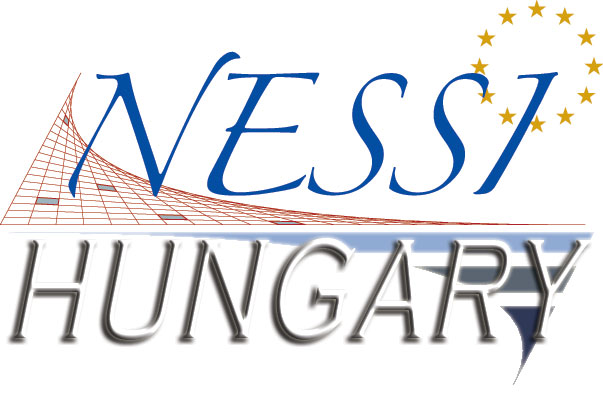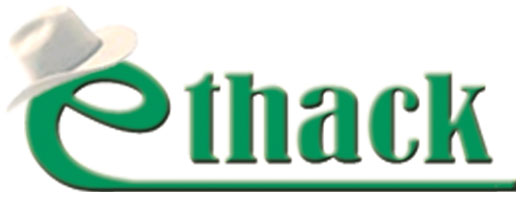Project director: Dr. Charaf Hassan, Ph.D., associate professor, BME AAIT
Scientifically grounded methodological research efforts supporting the development of complex information technology systems were articulated as a stand-alone competence in the strategy of the Budapest University of Technology and Economics’ (BME) (IT)2 Knowledge Centre. Development work completed in the first year confirms the necessity of methodological research, as well as its important role in the creation of development frameworks that directly support practical applications, because the richness of application projects’ content cannot be set in schemes, yet at the same time this cannot be covered with combinations of unique and independent development work in an efficient manner – and it is the time-to-market of products that needs to be kept in mind first and foremost in this respect.
Deployment of the Model Driven Architecture (MDA) software technique constitutes the most modern means of creating framework systems nowadays, and it is a technique that allows visualised transparency and maintenance, and serves application projects by means of ensuring a standard software development technique at the conceptual level. Accordingly, we build around MDA’s methodological basis in e-Document application projects, and utilise the theoretic findings accomplished in the field of multi-dimensional, multi-layer modelling.
The framework system provides standard support for shared software development activity in varying application fields from both the methodology, as well as the technology aspects. The objective of formulating different developers’ framework systems is to enhance the competitiveness of products containing software development, as well as to create a combination of pooled assets which directly and efficiently activate the code libraries that significantly reduce product times-to-market, along with their elements.
Developer framework system services can be supplemented using application specific plug-in modules. Document management tasks, for example, are implemented with a plug-in module that over and above storing the documents and archiving them directly or as meta data, manages access rights, automatically forwards documents and reply documents to the appropriate recipients, allows for prescribing and tracing the information-flow that documents realise, as well as by means of elaborating the option of mobile document management. Our task is to develop software components that provide services for these products, and moreover to formulate additional editing possibilities for generated electronic documents, along with the possibility to file them in the standard document management chain. With services elaborated for organisation/corporate governance systems, we ensure the possibility to process electronic documents generated during the activation of form completion options in a standard manner, along with the co-ordinated management and system level verification of different documents created as part of the company processes. We formulate an application interface that allows for the articulation of requirements at the user level, and co-ordinates the system of corporate processes and documents accompanying production in a flexible manner which adapts to any possible change.
Within the e-Document Project Group, we use the framework system for development efforts in progress in various professional fields. For users, the convenient and efficient development environment means that they can use high level models, as well as descriptive modes which fit the professional field’s concept system during development. Professional, field specific languages have to be formulated for this. Exploring the essential, as well as content related correlations of the applications constitutes the preparations for this phase. This is the work we completed in the first year of the project, among other things, supplemented with performing specific developments which in part accelerate the market entry of planned products and in part ensure that the previously acquired market positions of industry partners can be retained. Wherever possible, we implemented the developments in forms of service in order to be able to recycle the codes.






